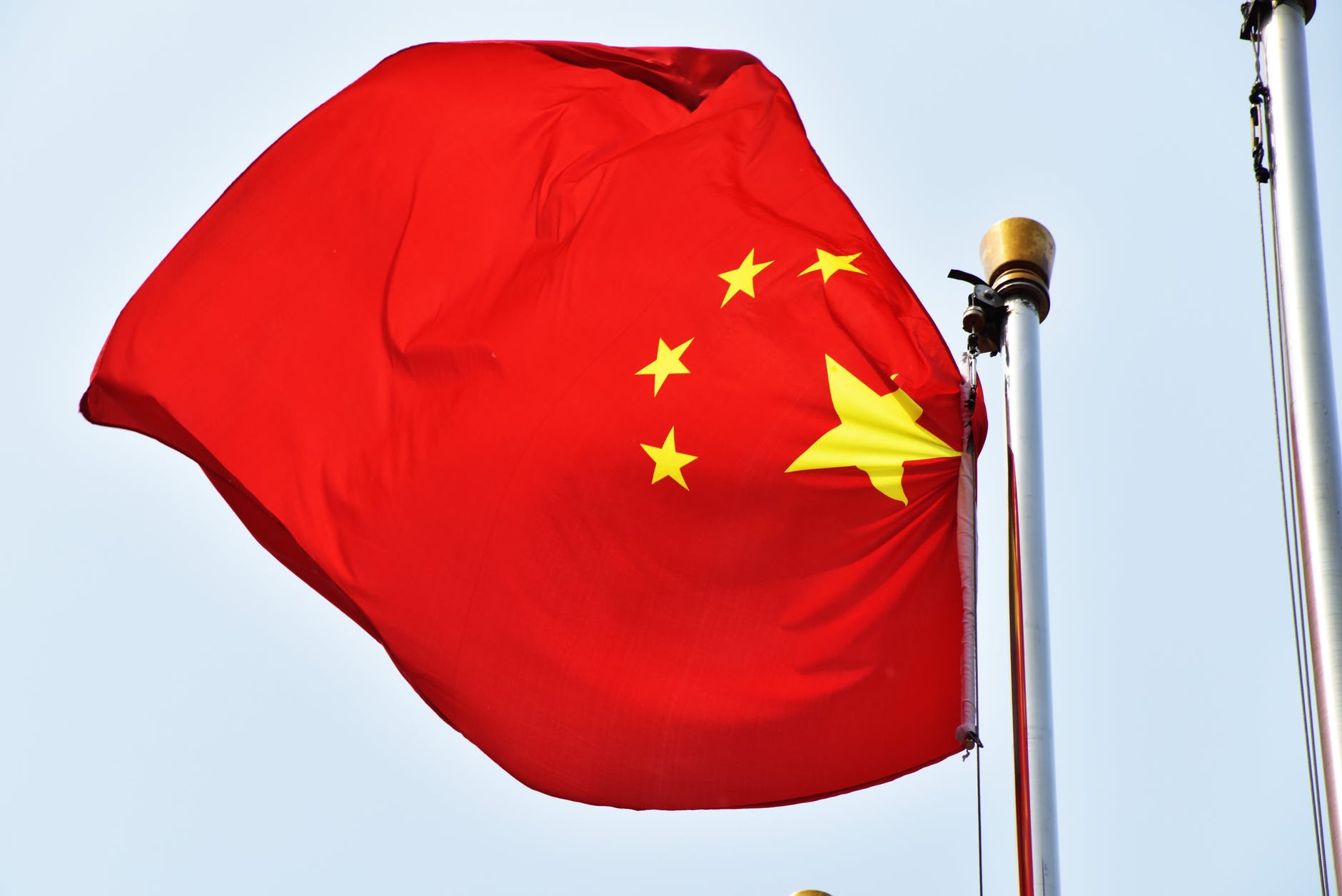Recently, FBI Director Christopher Wray declared that the greatest danger to the US is from Beijing, not Moscow.
Director Wray: No country poses a broader, more severe intelligence collection threat than China. China has pioneered a societal approach to stealing innovation in any way it can, from a wide array of businesses, universities, & organizations.
— FBI (@FBI) April 26, 2019
As the head of the Federal Bureau of Investigation explained, Chinese intelligence services operate through many channels, including state-owned enterprises, private companies operating in the United States, Chinese students studying in American educational institutions, researchers and many other players.
Director Wray: They’re doing it through Chinese intelligence services, through state-owned enterprises, through ostensibly private companies, through students & researchers, & through a variety of actors working on behalf of China.
— FBI (@FBI) April 26, 2019
Chinese intelligence is interested in industry secrets and economic espionage.
#HappeningNow: #FBI Director Wray speaks to the Council on Foreign Relations about national security, the threat posed by China, and the need for strong partnerships across many sectors. @CFR_org https://t.co/YYuSEpjUVR
— FBI (@FBI) April 26, 2019
Wray also added that the United States is not China’s only target, and therefore, American diplomats are tasked with going to other countries to conduct joint research and share information about their alleged ‘common threat.’
The context of the anti-China statement
During his election campaign, Trump often put forward harsh criticisms of Beijing, accusing Chinese leadership of manipulating the exchange rate of their national currency to increase exports to the US market and the unlawful use of the intellectual property.
After becoming president, Trump instructed US Trade Representative Robert Lighthizer to investigate possible violations of American copyrights by Chinese companies. Lighthizer accused Beijing not only of having an unfair approach to trade disputes but also of trying to illegally seize new technologies from the United States.
In March 2018, Trump imposed increased duties on the import of a number of Chinese goods. Beijing did not hesitate to respond and introduced symmetrical measures against American products. The imposed tariffs total more than $250bn.
Beijing, in turn, accused the US of starting the ‘largest trade war in economic history.’ The instability of US-China relations influenced investors and global stock markets. The IMF declared that the trade war might weaken the global economy.
Cyber espionage
One of the arguments the US used to justify the trade war was cyber espionage. A Bloomberg investigation suggests that Chinese secret service put secret microchips into boards for Microservers. The boards are used by many US companies, including Apple and Amazon. According to journalists, this allowed Chinese specialists to remotely access the networks the modified cards were connected to.
Mobile phone company Huawei was also accused of using spy technology. Investigations by the American government suggest that Huawei is closely connected with the Chinese secret service and had been financed by them.
The new geopolitical front
For the US, China is as much of a geopolitical enemy as Russia, perhaps more so. In defending the interests of multipolarity, China has become a barrier for liberal globalization. The situation could lead to a new cold war. One of Washington’s main tasks is to prevent China and Russia from forming an alliance. However, accusations like those made by the FBI can only strengthen the anti-globalist front.
During a “One Belt, One Road” forum, Chinese President Xi Jinping said that Russia and China are facing the same challenges in the international arena and must develop simultaneously using each other’s strength.
China’s Xi Jinping refers to Russia’s Putin as ‘my closest friend’ in a speech pic.twitter.com/8MGtFNEHwO
— Reuters Top News (@Reuters) April 26, 2019
According to the Chinese leader, China and Russia need to promote cooperation in trade, energy, science and space exploration, to strengthen humanitarian and regional contacts.
“Russia and China should strengthen international cooperation, jointly uphold the authority of the UN and the UN Security Council, protect international law and the basic norms of international relations, resolutely promote the multipolarity of the world, the democratization of international relations and multilateralism,” he said.
Russian President Vladimir Putin stated that Russian-Chinese trade and economic relations are developing more successfully than planned and that the trade turnover in 2018 exceeded $ 108 billion.

















Leave a Reply